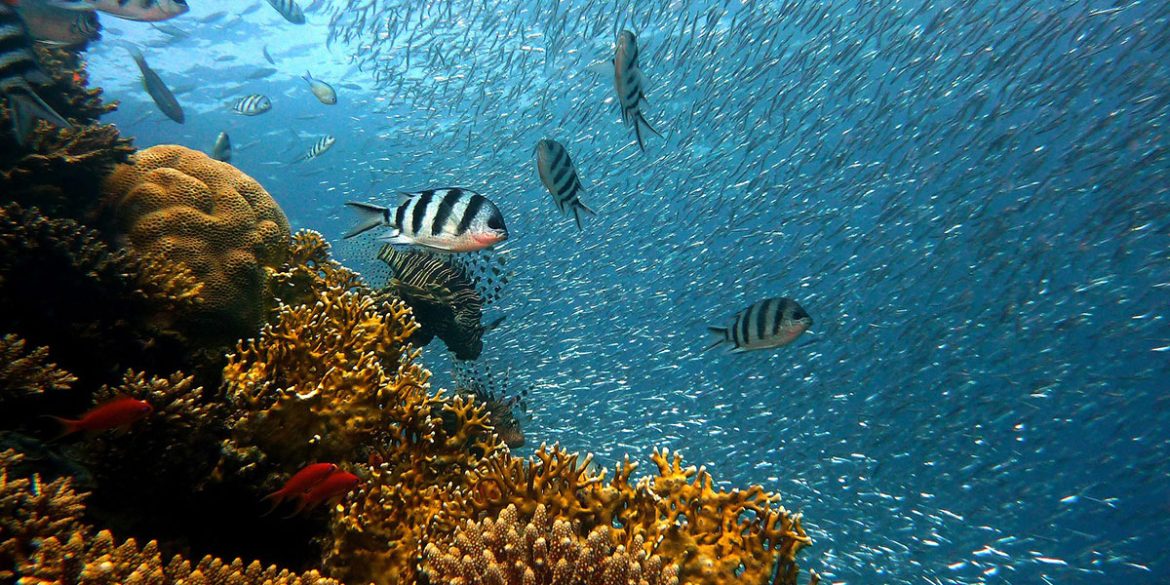In a nation celebrated for its lush rainforests and commitment to biodiversity, recent comments from Costa Rica’s President have stirred deep-seated concerns among conservationists, scientists, and a broad swath of society that views natural resources as pivotal to enhancing quality of life. His remarks hint at a troubling shift in policy that could undermine over half a century of environmental stewardship.
“We will not destroy the treasure of Limón’s coast, but we will not leave it to the fauna either,” said the President, a statement that has ruffled feathers and ignited alarm among those dedicated to preserving Costa Rica’s ecological heritage. This pronouncement has been perceived as a direct affront to ongoing conservation efforts, signaling a potential regression from the achievements of decades past.
The Conservation Community’s Response
For those of us engaged in environmental conservation, such statements position us in the crosshairs of controversy. We are often labeled as obstructionists or impediments to progress and pejoratively branded as ‘environmental filibusters.’ These unfounded accusations only strengthen our resolve to continue advocating for the environment while spotlighting inconsistencies in public policies and administrative procedures.
From an external viewpoint, those of us allied with conservation efforts can assess the situation more objectively. We possess not only the requisite knowledge but also the advantage of independence from public institutions. As citizens, we are better positioned to perceive and analyze societal impacts.
Costa Rica’s Environmental Legacy
Costa Rica has set global benchmarks on how to synergize job creation, economic welfare, and enhanced quality of life through environmental initiatives. We do not overlook past mistakes or the episodes of corruption, negligence, and administrative lapses that have occurred, regardless of the political powers at the helm.
This is not merely a political issue; it is a matter of awareness about a daunting reality that looms over the country, exacerbated by the president’s pronouncements.
The Strain on Protected Areas
Historically, Costa Rica’s protected areas have been touted as showcases for conservation, yet they often suffer from neglect and underfunding. In the National System of Conservation Areas (SINAC), there appears to be a pervasive fear of retaliation from higher-ups, compromising the morale and effectiveness of park rangers. These dedicated individuals report feeling demoralized by top-level decisions that seemingly disregard their hard work and the sacrifices involved in conservation.
The controversy isn’t limited to well-known locations like Manuel Antonio and Corcovado. There are numerous unreported cases, presumably kept under wraps due to fears among SINAC employees of potential reprisals, fostered by a culture of silence encouraged by the central government.
The President’s Stance on Development vs. Conservation
In a regrettable press conference, the president expressed anticipation of legal challenges to any development in the area, highlighting a fundamental misunderstanding of sustainability. True sustainability integrates environmental, social, and economic components, with a foundational emphasis on the conservation of natural resources.
The administration’s apparent disregard for the impacts of climate change and the pioneering work of conservationists like Álvaro Ugalde and Mario Boza (both deceased) reflects a troubling shift away from their visionary approaches. The current government’s stance seems to erase decades of progress, treating the hard-won gains of past environmental leaders as mere footnotes in history.
A Call to Action for Conservationists
The president’s words, though stark, require no interpretation. They are a clear indicator of his administration’s priorities and serve as a rallying cry for those of us committed to conservation. It is imperative that we act decisively to counteract policies that threaten the ecological balance and the very essence of what has made Costa Rica a beacon of environmental stewardship.
As we stand at this environmental crossroad, it is crucial for the conservation community, and society at large, to reaffirm our commitment to sustainable practices that honor both our natural heritage and our responsibility to future generations. The path we choose now will define Costa Rica’s legacy and determine the health of our planet for years to come.

